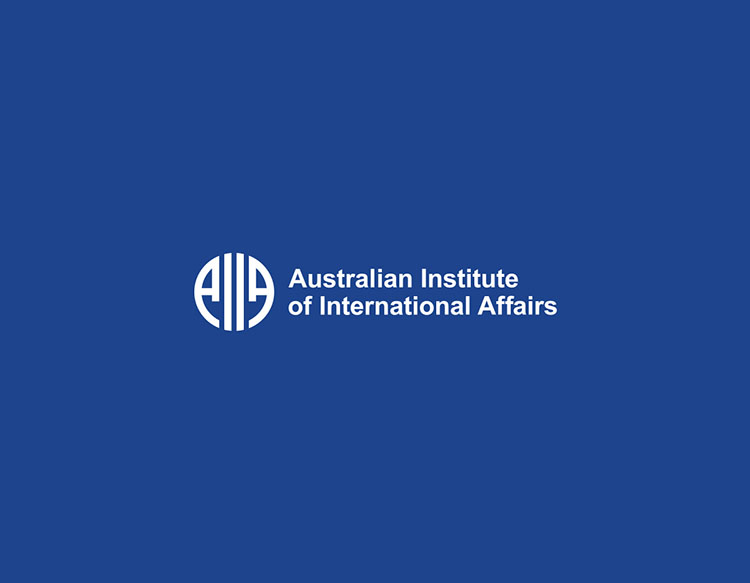On Tuesday 8 July, the Australian Institute of International Affairs NSW hosted Richard McGregor,
Senior Fellow for East Asia at the Lowy Institute and senior non-resident associate at the Center for
Strategic and International Studies in the United States, for a compelling presentation on China’s
leadership under Xi Jinping. His address focused on Xi’s central role as General Secretary of the
Chinese Communist Party and paramount leader of China since 2012. Drawing on decades of
experience as a journalist and China expert, McGregor examined the internal political structure of
the Chinese Communist Party (CCP), Beijing’s foreign policy, and the enduring question of
Taiwan.
McGregor began by contrasting Deng Xiaoping’s “hide and bide” strategy with Xi Jinping’s
assertive global posture. He said that rapid economic growth, military expansion, and manufacturing
dominance have emboldened Beijing’s international engagement. But this growing ambition has
been tempered by persistent territorial disputes across the region. While Xi’s rhetoric and tactics
appear confrontational, McGregor argued that they reflect long-standing CCP objectives. What
distinguishes Xi is his ability to execute them. As McGregor aptly put it, “(in policy) he is a
continuum; as a leader, he is a disruptor.”
A key focus was the Belt and Road Initiative (BRI), which McGregor described as misunderstood in
Australia. Rather than a geopolitical “debt-trap” strategy, he characterised it as a “Chinese
investment brand” that spiralled (perhaps beyond control). McGregor analysed the power structure of
the Politburo Standing Committee, emphasising Xi’s dominance despite growing internal unease.
Recent purges within the military and political elite, he noted, reflect deepening distrust in Beijing’s
top ranks. He highlighted China’s expansive diplomatic network, now surpassing that of the United
States, describing its coordinated diplomacy as a “bureaucratic bearhug.”
Concluding his presentation, McGregor examined China’s options regarding Taiwan. These included
military action, a quarantine to pressure negotiations, naval blockades, and softer propaganda tools
such as “wolf-warrior” films. While the possibility of conflict remains, he stressed that conditions for
war are unlikely unless provoked.
In the Q&A session, an audience member asked whether the Australian and US “One China” policy
undermines concern about perceived Chinese aggression towards Taiwan. McGregor stressed that
Australia acknowledges—but does not formally recognise—Taiwan as part of China, a subtle yet
important distinction. Queried on his assessment that Chinese current foreign policy mirrors
Xi’s—which by analogy might suggest that Australian policy could be equated with
Washington’s—McGregor countered by pointing to the well-informed influence of Penny Wong and
Kevin Rudd in shaping Albanese’s foreign policy direction.
When asked whether Deng had been a wiser leader than Xi, McGregor explained that the two
operated under vastly different circumstances. While Deng had prioritised economic reform, Xi
governs a far more powerful and globally visible China, one that can no longer “hide and bide.”
A final question addressed China’s demographic decline and its implications for Beijing’s long-term
ambitions. McGregor acknowledged the issue but downplayed its immediacy, suggesting that while
it’s a concerning matter, it is not yet a major obstacle for the Politburo’s strategic objectives.
The event concluded with a vote of thanks to Richard McGregor for his incisive analysis of China’s
political structure and foreign policy under Xi Jinping. His insights offered a timely and nuanced
understanding of China’s global ambitions and the leadership driving its strategic decisions. The
discussion provided a perspective increasingly vital in today’s shifting geopolitical landscape and
growing regional concerns.
Report by Tanisha Shah, AIIA NSW intern

